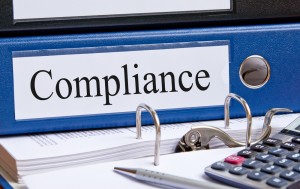 Investment fraud attorneys at Gana Weinstein LLP have been investigating previously registered broker Charles Dixon (Dixon). According to BrokerCheck Records kept by The Financial Industry Regulatory Authority (FINRA), in January 2018, Dixon was barred from the financial industry for failing to appear at an on-the-record testimony concerning allegations that he was exercising discretion without prior written authorization. According to FINRA, Dixon consented to the sanction and bar due to the fact that he refused to appear to the testimony. At this time it is unclear the extent and nature of the unauthorized trading that occurred.
Investment fraud attorneys at Gana Weinstein LLP have been investigating previously registered broker Charles Dixon (Dixon). According to BrokerCheck Records kept by The Financial Industry Regulatory Authority (FINRA), in January 2018, Dixon was barred from the financial industry for failing to appear at an on-the-record testimony concerning allegations that he was exercising discretion without prior written authorization. According to FINRA, Dixon consented to the sanction and bar due to the fact that he refused to appear to the testimony. At this time it is unclear the extent and nature of the unauthorized trading that occurred.
FINRA’s investigation was in connection with Dixon’s termination from Morgan Stanley. In March 2017, Dixon’s employer, Morgan Stanley, terminated Dixon due to a customer allegation that Dixon was exercising discretionary power in a customer’s non-discretionary account without prior customer written approval.
In addition, Dixon has been subject to two customer disputes concerning unauthorized trading and churning. In October 2016, a customer alleged that from June 2013 to July 2016, Dixon was executing unauthorized trades in the customer account. This dispute settled for $225,000.
 Securities Lawyers Blog
Securities Lawyers Blog


